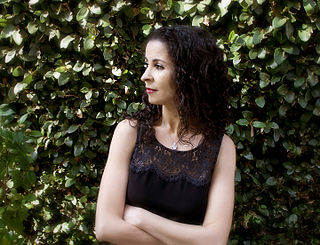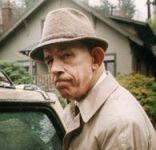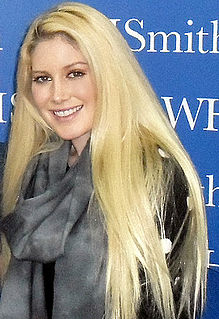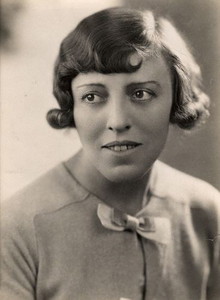A Quote by Garth Risk Hallberg
Reading isn't about managing expectations. In certain ways, writing is. You're trying to send signals early in a book about what might be coming later, but I think worrying about the kind of chatter around a book is something I try and stay as far away from when I'm reading.
Related Quotes
In my case, I made the decision early on that I was going to be very open about the book and claim upfront that each of the stories was based on my life experience. I think my reasoning goes back to what I was saying earlier, about wanting the book to be "more than a book," that I wanted the reader to feel a little unsettled about what they were reading: there's a core of factual truth here.
You can take a book to the beach without worrying about sand getting in its works. You can take it to bed without being nervous about it falling to the floor should you nod off. You can spill coffee on it. You can sit on it. You can put it down on a table, open to the page you're reading, and when you pick it up a few days later it will still be exactly as you left it. You never have to be concerned about plugging a book into an outlet or having its battery die.
For most people, what is so painful about reading is that you read something and you don't have anybody to share it with. In part what the book club opens up is that people can read a book and then have someone else to talk about it with. Then they see that a book can lead to the pleasure of conversation, that the solitary act of reading can actually be a part of the path to communion and community.
My husband, William Sutcliffe, the writer, is my first reader and in many ways my most important. That initial reading of the manuscript is crucial and irreplaceable and you want them to approach it as someone in a bookshop might, not knowing much about it. So I've got into this pattern of not telling Will anything about the book I'm working on. He often knows nothing about the book I'm working on at all until I give him the whole manuscript and ask him to read it. The book I'm working on at the moment he knows nothing about. No one does.
When we want a book exactly like the one we just finished reading, what we really want is to recreate that pleasurable experience--the headlong rush to the last page, the falling into a character's life, the deeper understanding we've gotten of a place or a time, or the feeling of reading words that are put together in a way that causes us to look at the world differently. We need to start thinking about what it is about a book that draws us in, rather than what the book is about.


































